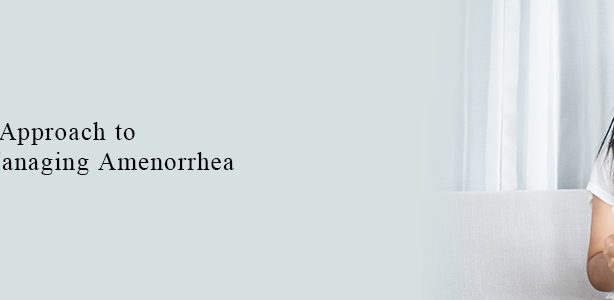As life expectancy increases, so do old age related health issues. While reduced vision, impaired hearing, and a general slowing down of metabolism are common, other diseases like diabetes, cardiovascular problems, respiratory troubles, nervous issues, and musculoskeletal weakness are also seen in a majority of old people.
Ayurveda describes aging as jara or vardhakya, which means becoming old by the act of wearing out. It is not an illness but a natural occurrence like hunger, thirst, or sleep.
While Western medicine prescribes vitamins and protein supplements for the elderly, Ayurveda looks at the holistic well-being of the aged people. Ayurveda emphasizes improving the quality of life in old age.
The anti-aging concept is called Rasayana in Ayurveda, which means keeping up good physical and mental health at mature age through a blend of a nourishing diet, healthy activities, and calm herbs. The word Rasayana is about clearing the natural flow of matter and energy channels.
Performing Geriatric Yoga regularly prevents all sorts of age-related issues. It paves the way for stability, improves blood flow, and rejuvenates cells producing energetic quality.
As per Ayurvedic physicians, after the age of 60, humans will have the Vata dosha as the dominant one. The prevalence of Vata can give rise to weak memory, degeneration of brain tissue, sleep issues, and osteoarthritis, among others.
An increase in Vata during old age is natural, and being aware of that reality can help those making decisions that better protect against imbalances.
Lifestyle
Vata is considered the subtlest of the three doshas, and hence balancing Vata can be achieved with very simple lifestyle practices. Self-care and following certain practices can help balance the Vata stage of life.
Abhyanga
The ancient self-massage, Abhyanga, helps a lot in old age. Warm oil massage to the skin and scalp reduces the dry, rough and cold nature of Vata. It helps to keep the bodily tissues lubricated. To achieve rejuvenation and pacification, for Vata treatment, oils like sesame oil is used.
Nasya
Nasya is the application of medicated oil to the nasal passages. It calms Vata by lubricating and soothing the delicate respiratory tissues. It eases constriction and stress.
Pranayama and Meditation
In balancing Vata, calming the mind and nervous systems are important. Meditation and Pranayama are considered Vata-pacifying and highly recommended for old age.
Gentle Exercise
Vata is said to be the most delicate among the three doshas, and in old age, you should listen to your body closely. It is advised to take gentle activities like walking, yoga, and Vata-pacifying exercises.
Diet
The Agni becomes weak and erratic when the Vata aggravates. Since the digestive fire is compromised, one should simplify the diet and include Vata-pacifying food. In old age, choose whole foods that are cooked, soft, and rich with easily digestible nutrients and spices. Consume them warm or hot for better results.
The elderly should avoid cold or frozen foods or drinks, large quantities of raw fruits or vegetables, dry foods like popcorn, crackers, and stimulants like alcohol, caffeine, or refined sugars. The Vata-pacifying seasonings include black pepper, cinnamon, cumin, ginger, fennel, and pippali.



